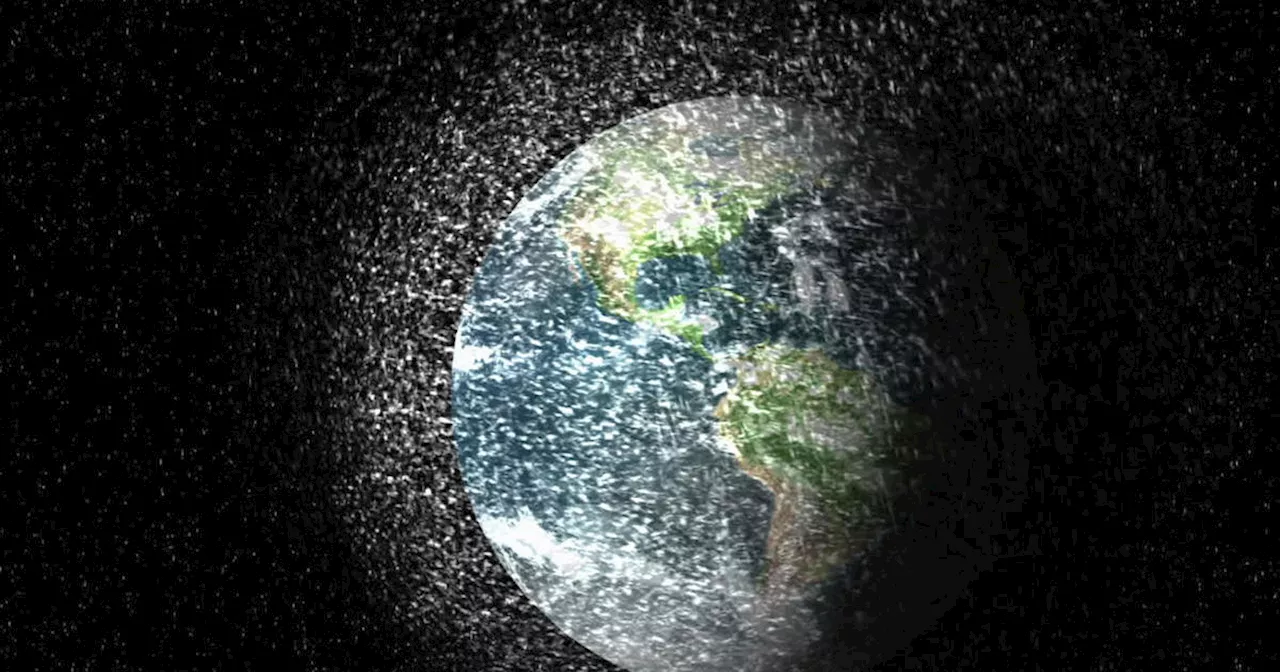A new study warns that the increasing amount of space debris re-entering Earth's atmosphere poses a growing threat to aircraft. While the probability of collision remains low, the consequences could be catastrophic. The study calls for mandatory controlled reentries for all rocket missions to mitigate this risk.
Space debris plummeting back to Earth could pose an increasingly significant threat to aircraft, according to a new study conducted by researchers affiliated with Canada's University of British Columbia. While the probability of a space debris collision with an airplane remains relatively low, the risk is on the rise due to a combination of factors: the increasing number of space debris reentries and the burgeoning global air travel industry.
The study specifically focused on rocket bodies, which present a more substantial hazard due to their larger size and potential for damage. 'Although the likelihood of a strike is minimal, the consequences could be catastrophic,' the researchers stated in their study, published in Scientific Reports. This research builds upon previous work presented by the authors at the annual International Orbital Debris Conference.The researchers meticulously calculated the odds of a rocket body reentering Earth's atmosphere within various airspace regions. Their findings revealed that high-density airspaces directly surrounding major airports have an 0.8% annual chance of being affected by an uncontrolled reentry. However, in larger, yet still heavily trafficked areas like those found in the northeastern United States or major cities in Asia, the risk escalates to 26%. Despite the low probability of a direct collision, the study authors emphasized that a crash between a commercial aircraft and space debris could result in widespread fatalities. The risk is projected to intensify as more space debris remains in orbit, a growing concern considering that trackable objects in orbit have doubled over the past decade, and the number of daily flights has nearly doubled since 2000. The study noted that large reentries occur almost weekly. 'Over 2,300 rocket bodies currently orbit Earth and will eventually reenter in an uncontrolled manner,' the study pointed out. 'Airspace authorities will face the challenge of managing uncontrolled reentries for decades to come.' The study highlighted a 2022 incident where a 20-ton rocket body was predicted to reenter the atmosphere, potentially landing over southern Europe. This prompted European space and air traffic industries to issue a safety bulletin recommending airspace restrictions. As a result, Spanish and French authorities temporarily closed sections of their airspace, marking the first instance of airspace closure due to an uncontrolled reentry. The closures resulted in delays for 645 aircraft, lasting approximately 29 minutes, including the diversion of some aircraft already in flight. Airspaces in Italy, Portugal, and Greece that remained open experienced an unexpected surge in air traffic from diverted flights, leading to operational risks distinct from those posed by the falling space debris. 'The incident underscored, among other things, a lack of preparedness for this eventuality and a lack of harmonization of responses among states,' the study authors noted. Ultimately, the rocket body fell into the Pacific Ocean.The researchers argued that a more effective approach than closing airspace would be to mandate controlled reentries for all rocket missions, with predetermined flight paths and scheduled landing locations. Currently, less than 35% of launches incorporate controlled reentries. 'Uncontrolled rocket body reentries are a design choice, not a necessity,' the study emphasized. 'If controlled reentries were adopted by all operators, the risks to people and aircraft would be significantly reduced.
Space Debris Aircraft Safety Orbital Debris Rocket Reentry Controlled Reentry
United States Latest News, United States Headlines
Similar News:You can also read news stories similar to this one that we have collected from other news sources.
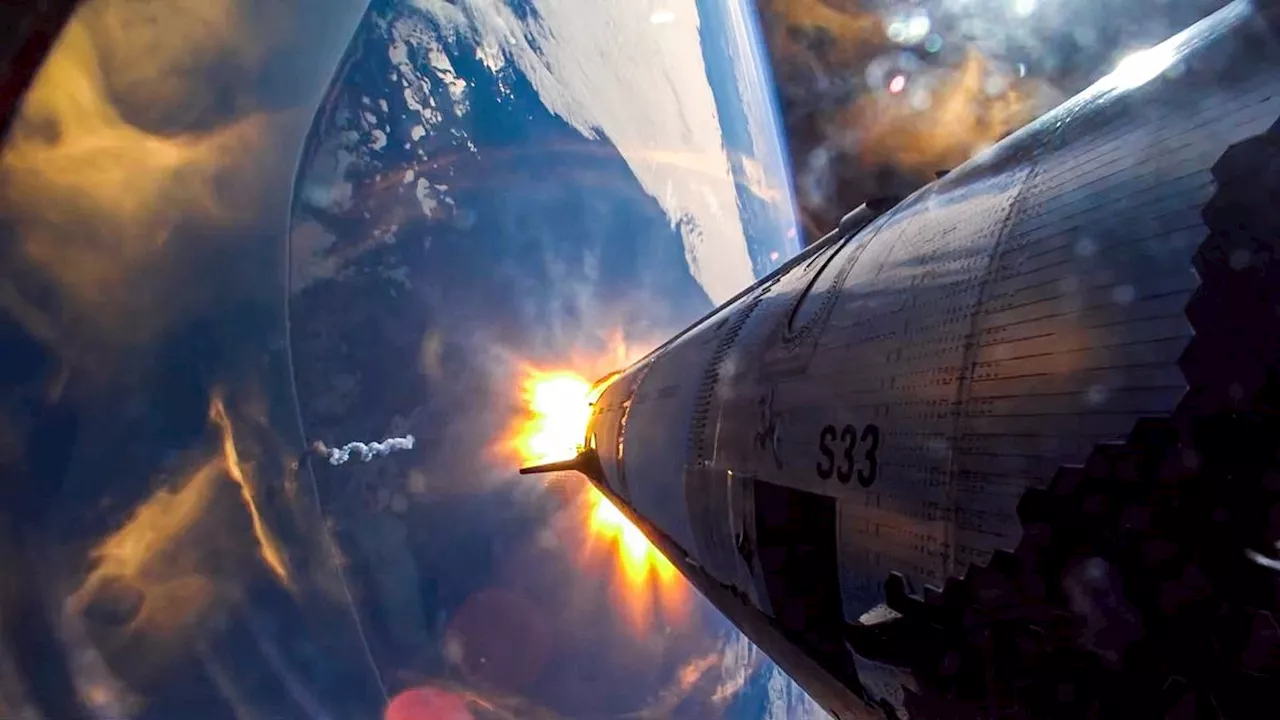 Uncontrolled Space Debris Poses Growing Threat to Air TravelFalling space debris is becoming an increasing concern, as its uncontrolled re-entry into Earth's atmosphere poses a risk of collision with aircraft. While the probability of a strike is low, the consequences could be catastrophic. The FAA reported that several flights were delayed or diverted due to space debris falling near their routes. The article discusses the increasing frequency of uncontrolled re-entries and the dilemma faced by authorities in balancing safety and economic considerations.
Uncontrolled Space Debris Poses Growing Threat to Air TravelFalling space debris is becoming an increasing concern, as its uncontrolled re-entry into Earth's atmosphere poses a risk of collision with aircraft. While the probability of a strike is low, the consequences could be catastrophic. The FAA reported that several flights were delayed or diverted due to space debris falling near their routes. The article discusses the increasing frequency of uncontrolled re-entries and the dilemma faced by authorities in balancing safety and economic considerations.
Read more »
 Space Debris: A Growing Threat to SustainabilityThe rapid increase in space launches has led to a dangerous accumulation of debris in Earth orbit, posing a significant threat to working satellites and future space exploration. The article discusses the need for a circular space economy to address this issue, emphasizing the importance of sustainable practices such as designing for reuse, repairing satellites, and recycling space debris.
Space Debris: A Growing Threat to SustainabilityThe rapid increase in space launches has led to a dangerous accumulation of debris in Earth orbit, posing a significant threat to working satellites and future space exploration. The article discusses the need for a circular space economy to address this issue, emphasizing the importance of sustainable practices such as designing for reuse, repairing satellites, and recycling space debris.
Read more »
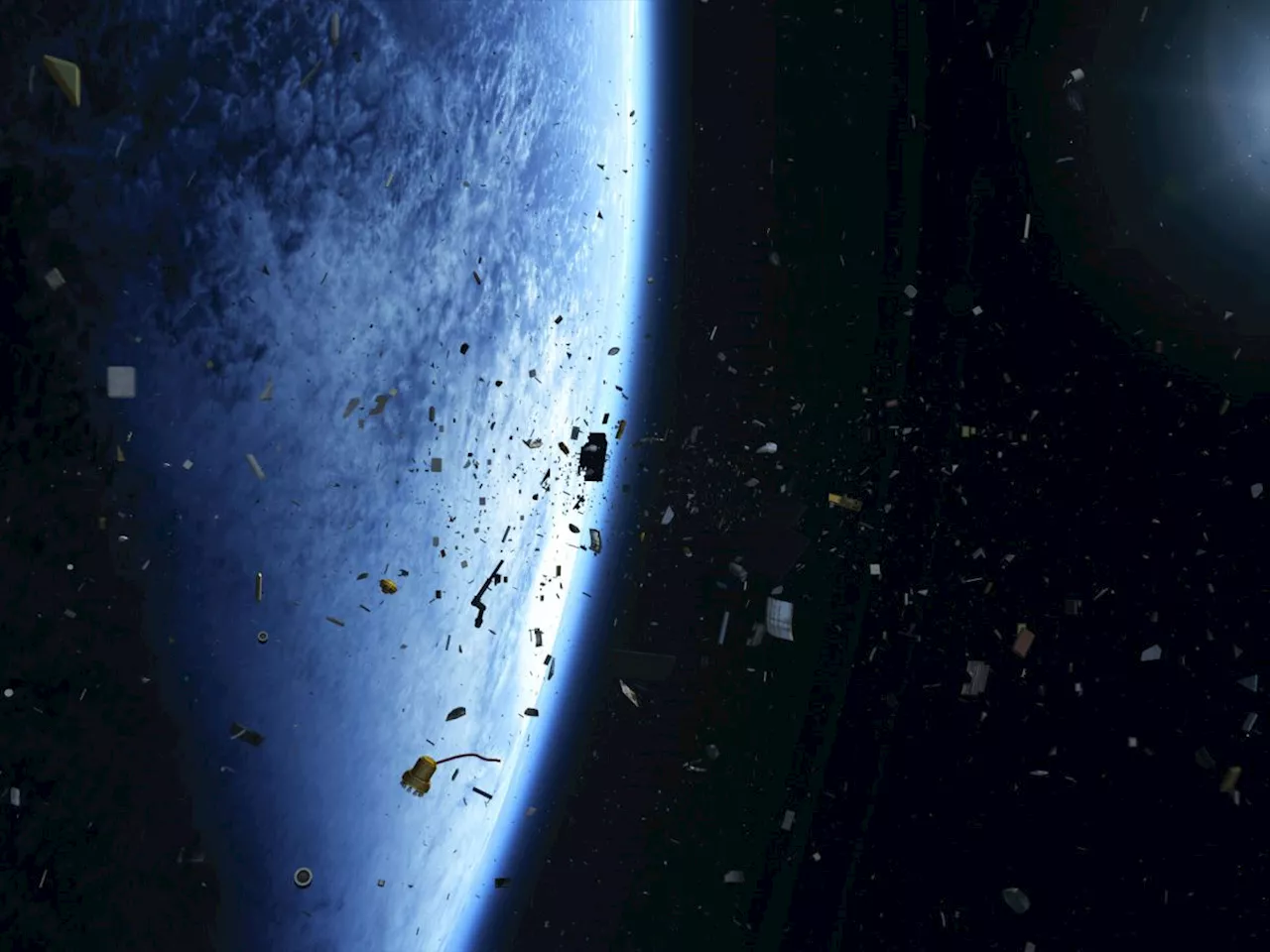 Space Debris: A Growing Problem with Technological and Political HurdlesThe rapid increase in space debris poses a significant threat to satellites and space stations. While organizations are working to address the problem, technological limitations and political challenges remain. The European Space Association emphasizes the need for international cooperation, technological advancements, and sustainable space practices to mitigate the risks associated with space debris.
Space Debris: A Growing Problem with Technological and Political HurdlesThe rapid increase in space debris poses a significant threat to satellites and space stations. While organizations are working to address the problem, technological limitations and political challenges remain. The European Space Association emphasizes the need for international cooperation, technological advancements, and sustainable space practices to mitigate the risks associated with space debris.
Read more »
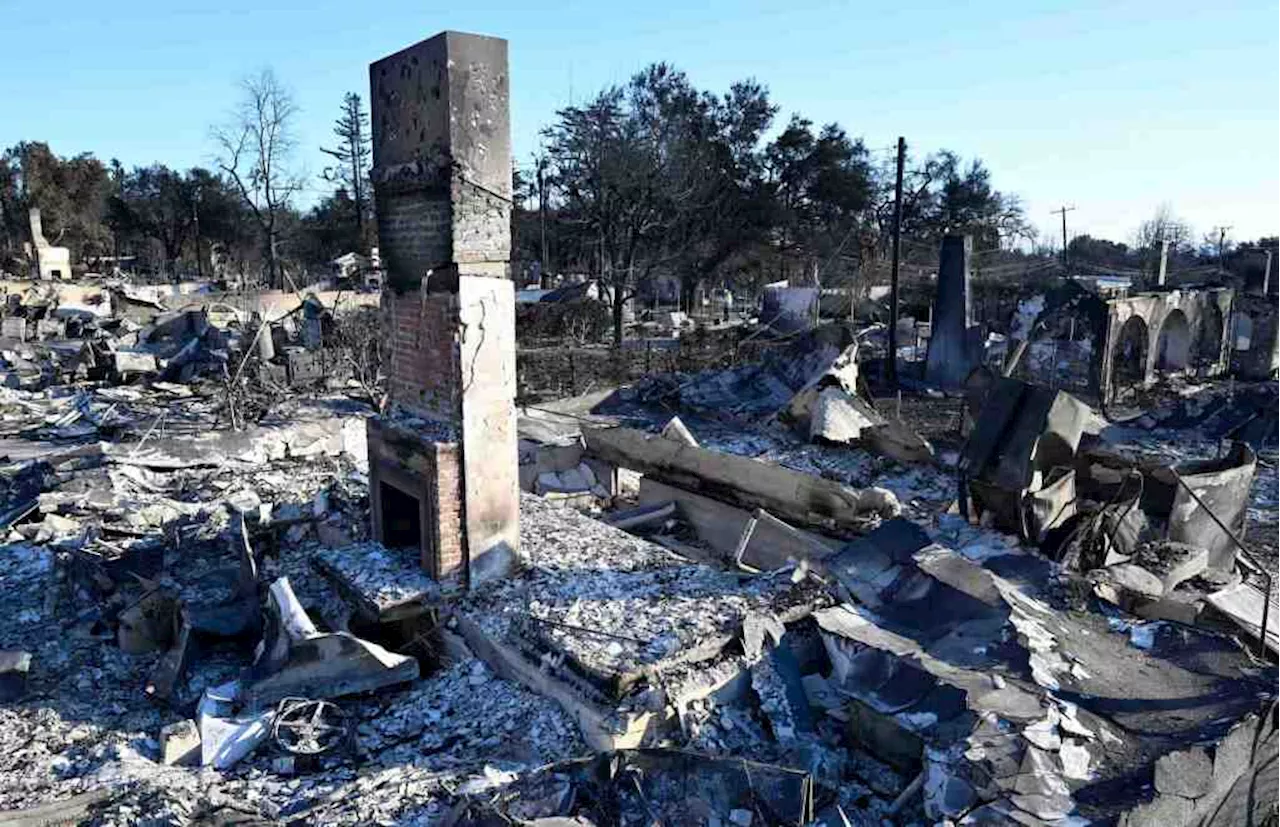 Urgency builds to remove Eaton, Palisades fire debris, mindful of tragic debris flows, floodingAfter the tragic flooding after the Thomas fire in Santa Barbara in 2017, authorities put debris removal on fast-track.
Urgency builds to remove Eaton, Palisades fire debris, mindful of tragic debris flows, floodingAfter the tragic flooding after the Thomas fire in Santa Barbara in 2017, authorities put debris removal on fast-track.
Read more »
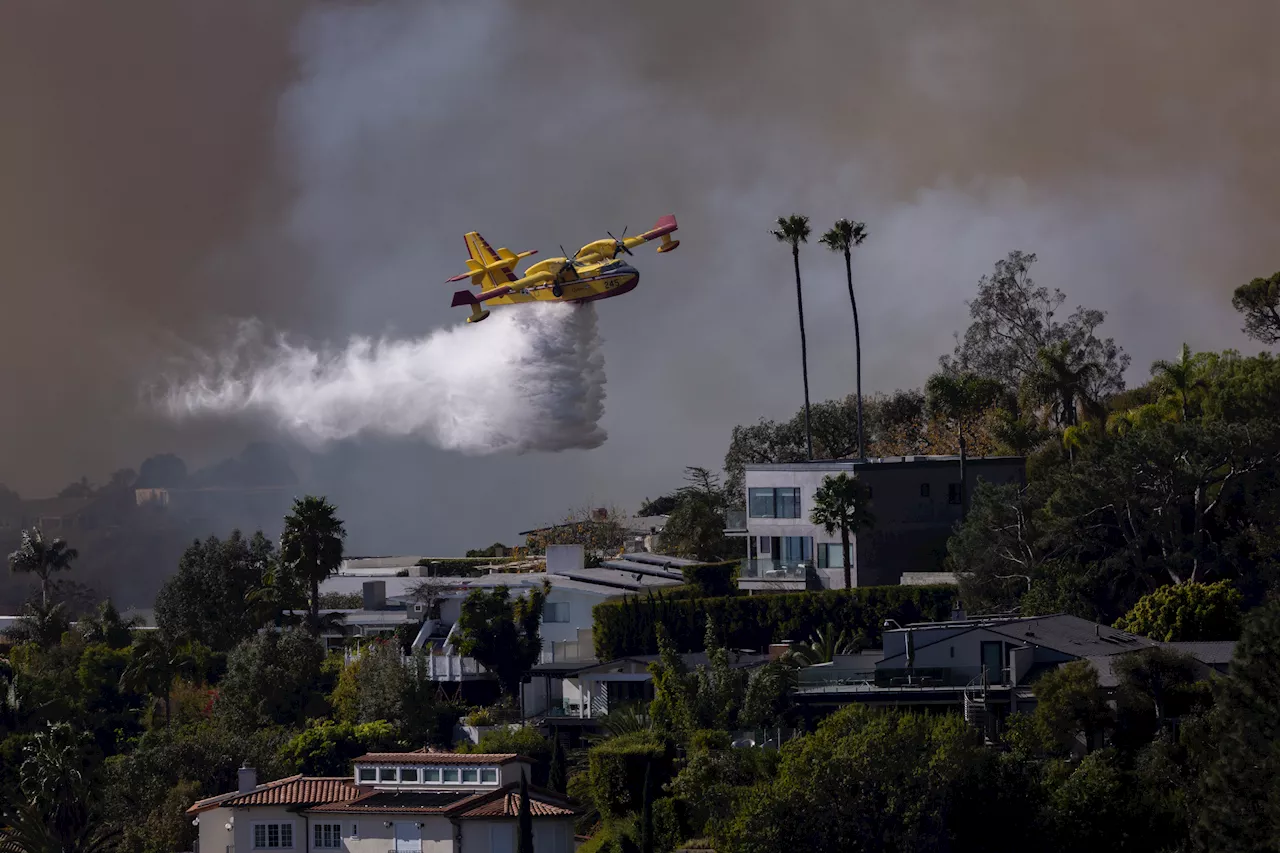 Gov. Newsom signs order to speed LA wildfire debris removal due to slide threatCalifornia Gov. Newsom issued an order to speed debris removal in LA neighborhoods damaged by wildfires ahead of potentially damaging winter storms.
Gov. Newsom signs order to speed LA wildfire debris removal due to slide threatCalifornia Gov. Newsom issued an order to speed debris removal in LA neighborhoods damaged by wildfires ahead of potentially damaging winter storms.
Read more »
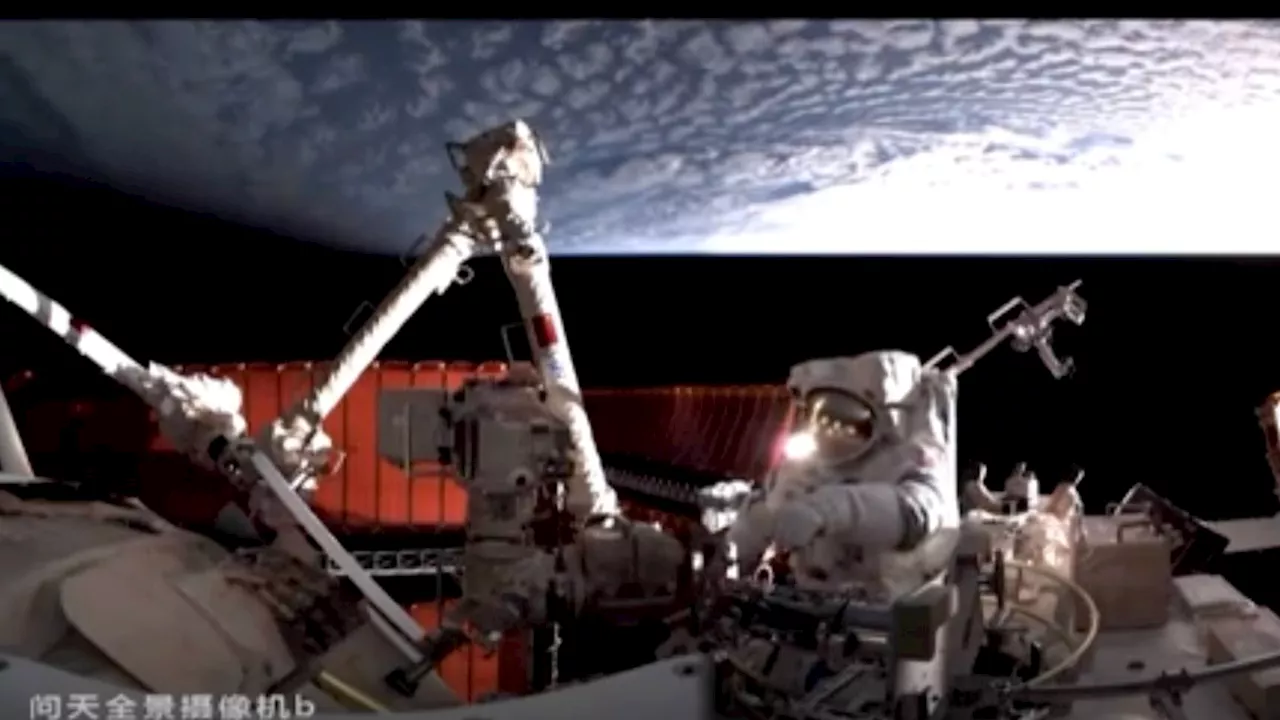 Chinese astronauts install debris shields on Tiangong space station during 8.5-hour spacewalk (video)Andrew is a freelance space journalist with a focus on reporting on China's rapidly growing space sector. He began writing for Space.com in 2019 and writes for SpaceNews, IEEE Spectrum, National Geographic, Sky & Telescope, New Scientist and others.
Chinese astronauts install debris shields on Tiangong space station during 8.5-hour spacewalk (video)Andrew is a freelance space journalist with a focus on reporting on China's rapidly growing space sector. He began writing for Space.com in 2019 and writes for SpaceNews, IEEE Spectrum, National Geographic, Sky & Telescope, New Scientist and others.
Read more »
